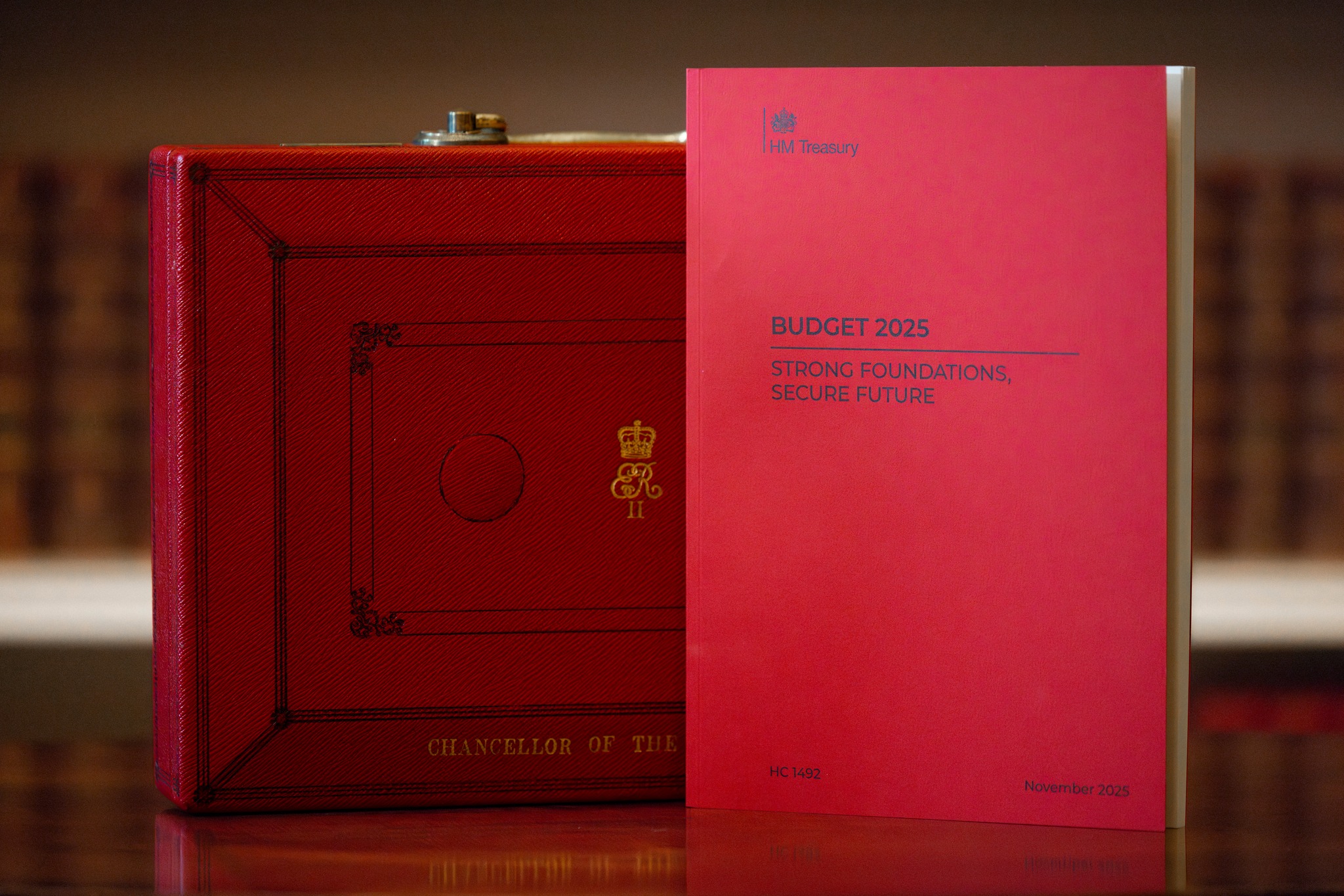The next decade for UK transport
.png)
The UK transport system is entering one of the most transformative periods in its history. Rapid urbanisation, changing passenger expectations, rising sustainability pressures and major technological breakthroughs are reshaping how people and goods move around the country.
The UK transport system is entering one of the most transformative periods in its history. Rapid urbanisation, changing passenger expectations, rising sustainability pressures and major technological breakthroughs are reshaping how people and goods move around the country.
While demand continues to rise, national transport infrastructure has struggled to keep pace, and the debate over long-term investment priorities has only intensified.
From high-speed rail controversies to the accelerating shift toward electric and autonomous mobility, the next decade will define what modern transport in the UK looks like. Below, we explore the trends already reshaping the sector and what they could mean for rail, road and mobility more broadly.
Market disruption is reshaping how transport operates
Every part of the transport ecosystem is undergoing disruption. Traditional operators across aviation, rail, buses and taxis have been forced to adapt quickly as new entrants, digital platforms and tech-driven business models reshape expectations.
Key drivers include:
- increased competition from mobility apps and on-demand services
- rapid adoption of contactless, digital and automated payment systems
- new approaches to customer service through hybrid digital channels
- real time data platforms that optimise route efficiency and passenger flow
As digital innovation accelerates, operators must rethink long-standing assumptions about how services are delivered and how passengers engage with them. Process automation, journey personalisation and digitally integrated transport hubs will become standard rather than optional.
Joined up journeys are becoming essential
Passengers expect journeys to be seamless. Yet the UK remains fragmented across rail franchises, regional authorities, bus networks and private operators. This fragmentation limits efficiency, reliability and affordability.
Over the next decade, integrated transport networks will be a major priority. Investment in northern rail infrastructure, more consistent signalling upgrades and coordinated regional planning are critical to unlocking economic growth outside the South East.
Mobility hubs, multimodal ticketing and unified digital platforms will help create a more coherent national system. This is especially important as cities aim to reduce congestion, lower emissions and make sustainable transport the default choice.
Passenger power continues to rise
Digital technology has fundamentally shifted control from operators to passengers. With access to real time updates, journey-planning apps, open data and peer reviews, travellers now make decisions based on transparency and shared experience, not marketing claims.
Younger and more digitally savvy passengers expect:
- reliable real time information
- accessible pricing models
- seamless integrated ticketing
- flexible transport modes tailored to individual needs
Rather than simply consuming transport services, passengers are becoming active participants in shaping them. Operators that fail to respond to this shift risk losing relevance in an increasingly competitive landscape.
The shift from private cars to smart mobility
Car ownership no longer holds the same status it once did, particularly among younger generations who prioritise cost efficiency and sustainability. As a result, alternative mobility models are expanding rapidly.
Mobility as a Service
MaaS integrates multiple transport modes, payment systems and journey planning into a single platform. Subscription-based mobility bundles are gaining traction in major cities, offering access to buses, trams, bikes, car clubs and taxis for a fixed monthly fee.
Demand responsive transport
Building on models like Uber, future systems will dynamically adjust routes in real time based on passenger requests. These services blend public and private transport, improving accessibility for rural and underserved areas.
Fractional ownership
Shared ownership models for cars, e-bikes and micro-mobility solutions continue to grow. These schemes lower costs, reduce congestion and reduce the need for private parking infrastructure.
Together, these models point to a future where the emphasis shifts from owning a vehicle to accessing mobility when and how it is needed.
The emerging reality for UK transport
The transport challenges facing the UK cannot be solved by technology alone. Investment decisions must be bold, long term and aligned with the needs of an evolving society. Some parts of the network still rely on Victorian-era infrastructure, while new demand patterns created by hybrid working, e-commerce and urban population growth add further complexity.
The next decade will require:
- large scale rail modernisation
- expansion of electric vehicle infrastructure
- investment in active travel routes
- integration across public and private mobility providers
- a national commitment to decarbonisation
Meeting these ambitions will demand political will, policy stability and sustained collaboration between government, industry and local communities.
But if executed well, the UK has the opportunity to create a safer, cleaner, more efficient transport system that truly reflects how people live, travel and work today.
FAQs
.png)
Can we help your business?
Book a free consultation with our expert R&D funding advisors today. We specialise in helping innovative businesses like yours unlock millions in government funding, specifically allocated to fuel your innovation. Let us help your business access the support it deserves.









.svg)


